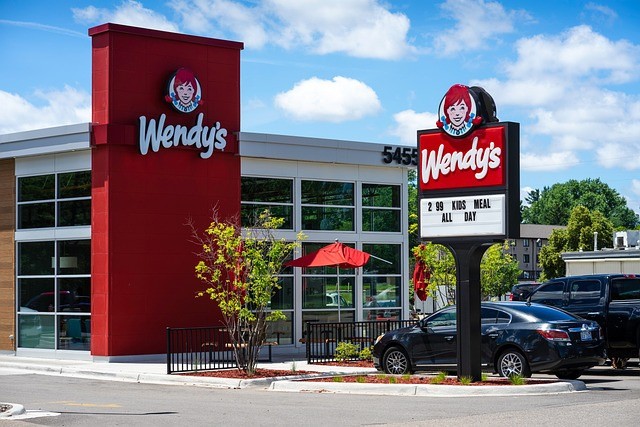
Wendy's and Jersey Mike's franchise owners in California have cut hours and jobs in response to the state's new $20 minimum wage.
This significant wage increase has deeply impacted California's fast-food industry, forcing businesses to reevaluate labor costs.
Wendy's and Jersey Mike's Adjust: Coping with Rising Costs
Lawrence Cheng, who operates seven Wendy's franchises in Southern California, has had to significantly change his business model due to California's new $20 minimum wage.
New York Post reports that Cheng has not only reduced the hours his employees work but has also personally stepped in to cover shifts at his restaurants. He mentioned that he now schedules one less person per shift and fills in himself.
At his location in Fountain Valley, Orange County, Cheng has had to cut the number of staff on afternoon shifts from around a dozen to just seven.
Despite these reductions, he emphasized that he has no plans to lay off any of his 250 employees, although he has limited overtime opportunities.
To offset increased labor costs, Cheng has raised the prices at his Wendy's by approximately 8% since January.
Meanwhile, Juancarlos Chacon, who owns nine Jersey Mike's outlets in Los Angeles, has faced similar challenges. The increase in minimum wage has compelled him to reduce his part-time staff by 20 employees, dropping from 165 to 145 workers.
Like many in the industry, Chacon has had to raise menu prices significantly-a move he hasn't had to make so drastically in his 25 years of managing fast-food locations.
Also Read: Quiznos Partners With Pump & Pantry for Six Locations Nebraska Expansion
Fast Food Industry Faces New Economic Reality

Cheng hopes the busy summer season will offset increased costs due to California's new $20 minimum wage, per AP News.
Experts remain cautious about the long-term impact of this wage hike on the fast food sector. Although previous increases did not necessarily lead to job losses, according to a University of California, Berkeley study, the prediction of the outcome is still early.
The industry, however, has added 8,000 jobs in the two months following the law's enactment, showing initial resilience.
Despite this growth, many operators like Juancarlos Chacon, owner of nine Jersey Mike's in Los Angeles, have been forced to cut hours and raise prices to cope with the higher wages. Chacon notes this is the most significant price increase he has implemented in his 25 years in the business.
According to Lawyer Herald, the increase in minimum wage to $20 in California's fast food industry is driving a contentious debate. Proponents argue that higher wages attract better job candidates and decrease turnover, benefiting the sector overall.
However, critics contend that these wage hikes compel businesses to cut jobs and reduce operations, questioning the long-term sustainability of such policies.
Since implementing the new wage law, nearly 10,000 fast food jobs have been cut, underscoring the challenges of balancing rising operational costs against competitive pressures.
Personal stories from workers like Julieta Garcia, who values her extra day off, and Howard Lewis, who sees a chance to save more, reflect the mixed impact of the wage increase.
As the industry adapts, the ongoing debate focuses on finding a middle ground between fair wages and sustainable employment models, highlighting the complexities of broad economic policies in a diverse workforce.
Related Article: Denny's Restaurant Bids Farewell to Middletown After 45 Years















